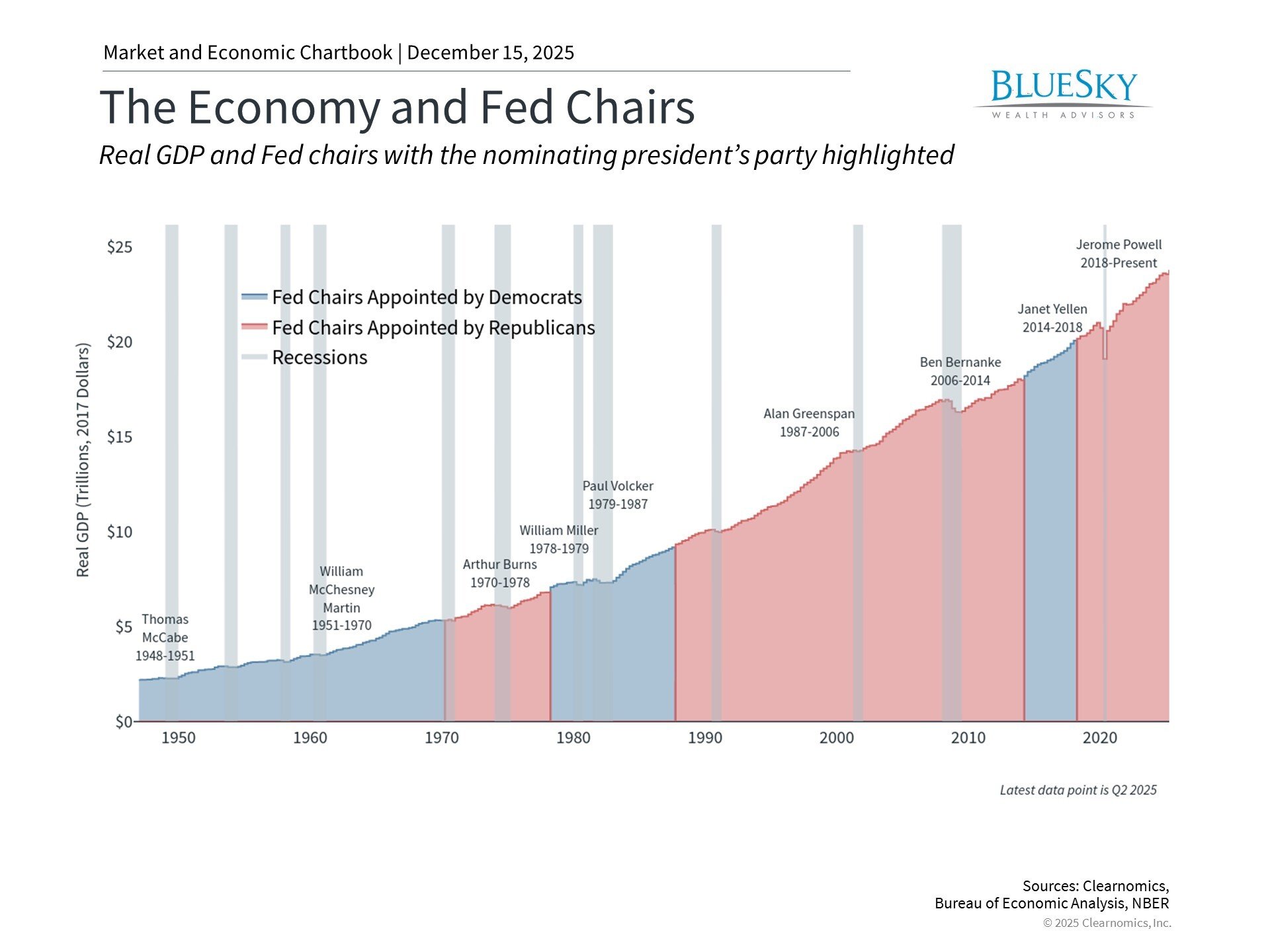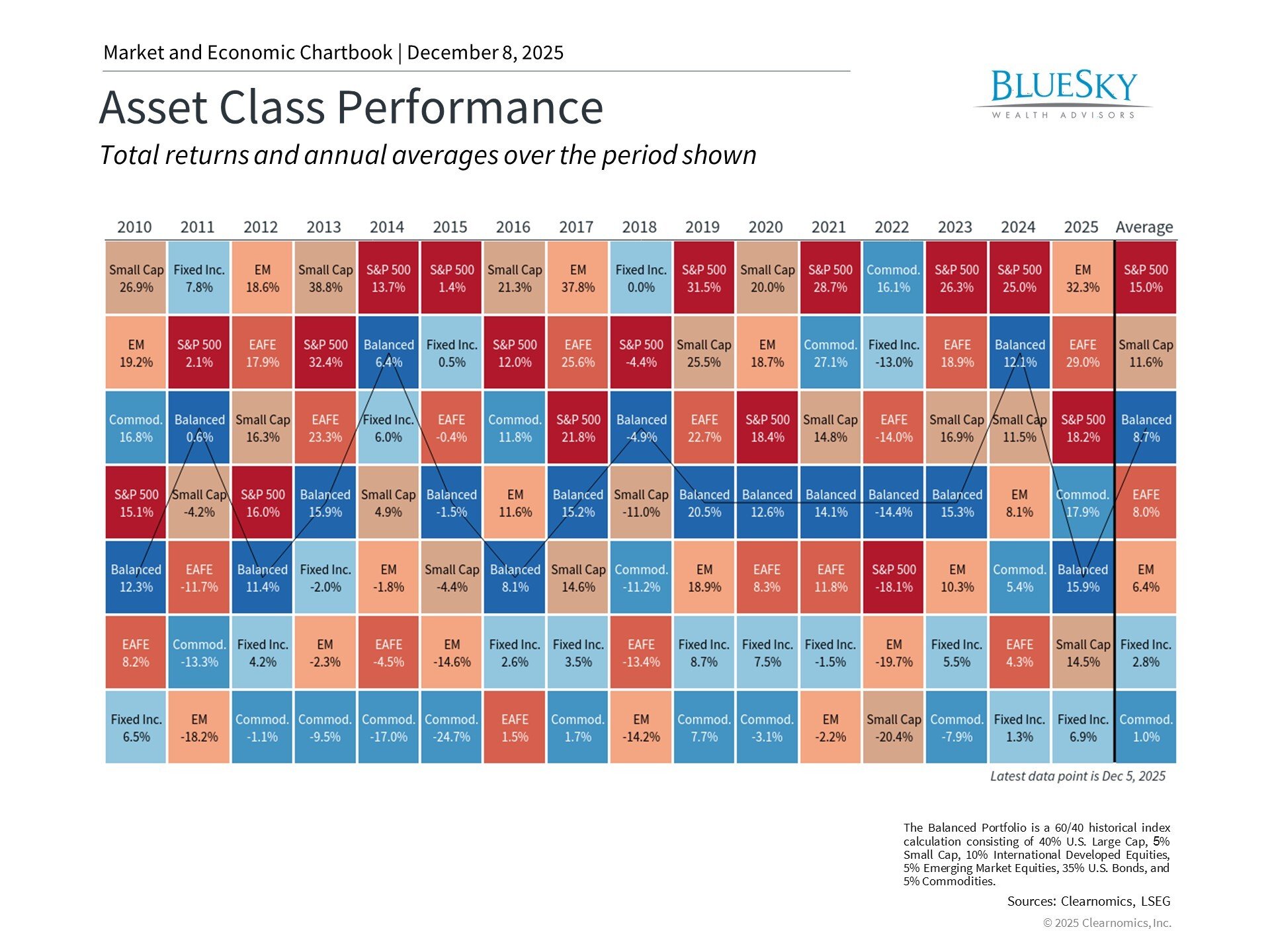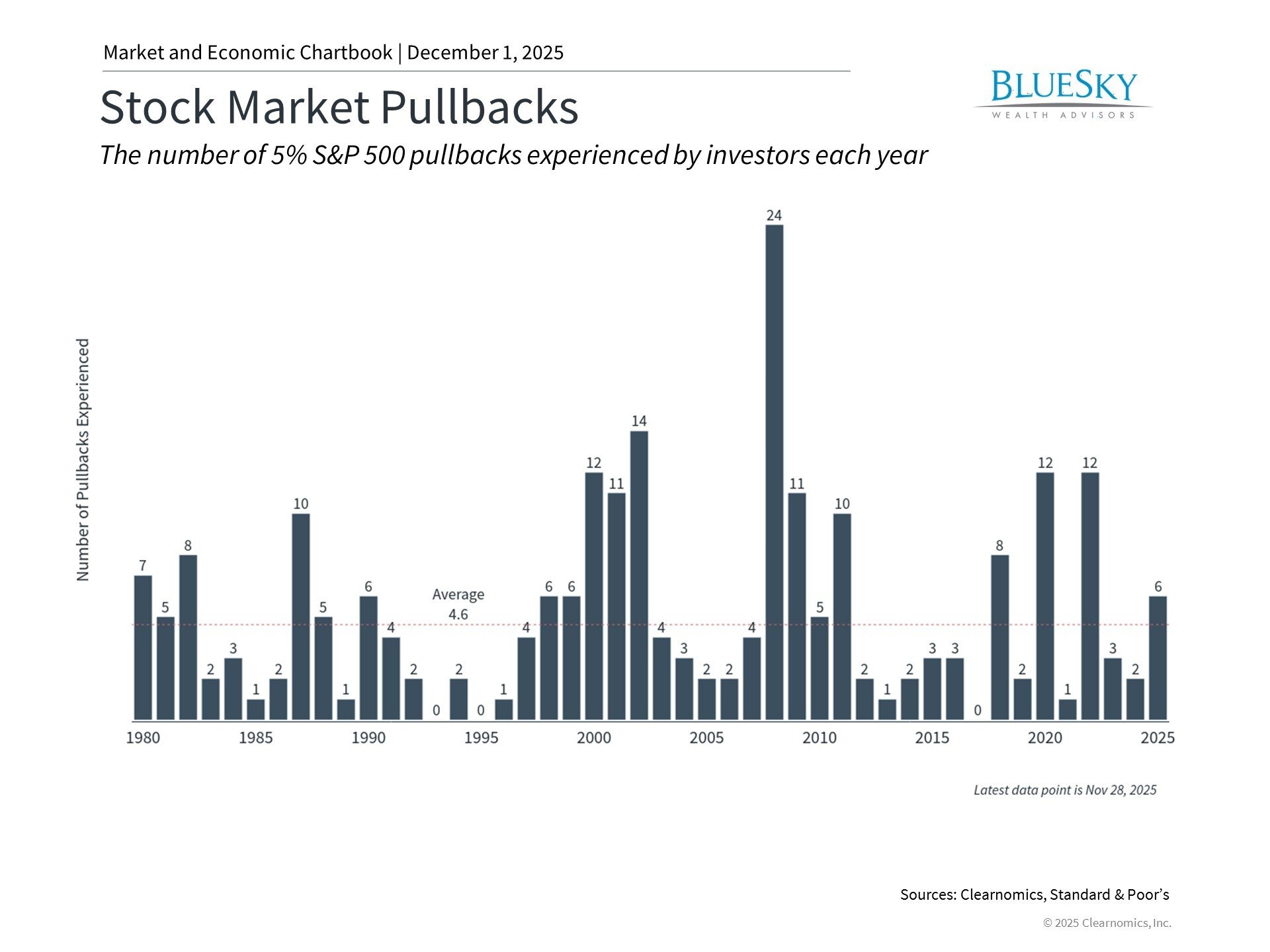
How to Choose a Financial Planner
How to Choose a Financial Planner

For many people, managing finances can be an overwhelming task. With so many different investment options, complex tax laws, and fluctuating market trends, it’s no wonder that financial planning is often left to professionals. But with countless “financial advisors” claiming your best interests, how do you choose the right one?
In this guide, we will explore the key factors to consider when selecting a financial planner and provide you with the tools and knowledge necessary to make an informed decision. So, if you’re ready to take control of your financial future, keep reading!
Why is Choosing a Financial Planner Important?

Choosing the right financial advisor is a critical step in securing your financial future, as they offer an array of services aimed at helping you make the most of your assets. Here are some reasons why this decision is so important:
Goal Setting
A professional financial planner can provide invaluable guidance and expertise when setting financial goals. They have the knowledge and experience to help you determine realistic and achievable personal finance goals based on your income, assets, debt, and risk tolerance. This is important because setting unrealistic or unattainable goals can lead to feelings of failure and frustration, which may ultimately discourage you from pursuing your financial goals.
For example, if you want to save for retirement but have little knowledge about investments, a financial planner can help you develop a plan that aligns with your long-term objectives and risk tolerance. They may suggest diversifying your portfolio with a mix of stocks, bonds, and other assets to create a well-balanced investment strategy. This way, you can feel confident in your financial plan and have a better chance of reaching your retirement goals.
Tax Planning
Tax planning is an integral part of financial planning that should not be overlooked. Certified financial planners can strategize your financial activities to maximize tax efficiency. This could encompass anything from selecting tax-efficient investment options to maximizing tax deductions and credits.
A financial planner with tax expertise can guide you on the timing of income and purchases, the selection of investments, and the types of retirement plans that will help reduce the amount of tax you pay over time. Furthermore, they are equipped to navigate the complexities of the ever-changing tax laws, ensuring you’re always in line with the latest regulations. For instance, consider the case of a high-earning professional subject to a high marginal tax rate.
With strategic tax planning facilitated by a financial planner, this individual could potentially divert some of their income into a retirement plan like an Individual Retirement Account (IRA) or a 401(k) plan with tax-deductible contributions. Over time, these tax savings could significantly increase their overall wealth. Hence, the expertise of a financial planner can be crucial in minimizing your tax liabilities and optimizing your financial growth.
Retirement Planning
Retirement planning is a multifaceted process that encompasses more than just saving money. It requires meticulous planning, strategic investment, and consistent monitoring to ensure that you’re on track to achieve your retirement goals. A capable financial planner can provide comprehensive retirement planning services, which include estimating the amount of savings required for retirement, devising an effective saving strategy, and helping with income management during retirement.
They can guide you to allocate your assets wisely across various investment options like mutual funds, bonds, stocks, and retirement accounts, such as 401(k)s and IRAs. They can also help you understand the implications of early retirement, the pros and cons of taking Social Security at different ages, and the potential impact of market volatility on your retirement funds. For instance, if you’re planning to retire early, a financial planner can help you determine how much money to save to maintain your desired lifestyle and help mitigate the risks associated with early retirement, such as longevity risk. With their expertise and guidance, you can have peace of mind knowing that your retirement is secure and well-planned for the future.
Risk Management
Risk management is an essential facet of financial planning that focuses on identifying, assessing, and strategizing to mitigate potential financial risks that could jeopardize your financial well-being. A proficient financial planner is equipped with the expertise to understand the unique risk exposure of your financial portfolio and devise appropriate strategies to manage them effectively. They employ various risk management tools and comprehensive financial planning, such as diversification, insurance coverage, and contingency planning, to ensure that your financial plan is robust and can withstand unforeseen financial setbacks.
For instance, consider a scenario where you’re heavily invested in the stocks of a single industry. Although the potential for high returns might be attractive, this approach leaves you vulnerable to significant losses if that industry is downturned. In such a situation, a financial planner would advocate for diversification by spreading your investments across various sectors, asset types, and geographic locations to manage risk. This strategy balances the potential for high returns with the risk of significant losses, ultimately providing a safety net for your financial portfolio. By incorporating risk management strategies into your financial plan, a financial planner ensures the growth and resilience of your assets against potential financial adversities.
What To Look For When Choosing A Financial Planner

When it comes to choosing a financial planner, there are several factors that you should consider to ensure you make the best decision for your financial future. Here are some key things to look for when selecting a financial planner:
Qualifications and Credentials
Qualifications and credentials are paramount when choosing a financial planner. This is because they validate the competence and professional standards of the planner. Look for certifications such as Certified Financial Planner (CFP), Chartered Financial Analyst (CFA), or Personal Financial Specialist (PFS) from a recognized professional body. These designations are evidence of rigorous training, comprehensive examinations, and commitment to a strict code of ethics.
Additionally, they require continuing education to stay abreast of the latest developments in the financial planning field. For instance, a CFP professional must complete at least 30 hours of continuing education every two years in the body of knowledge pertaining to financial planning areas such as estate planning, retirement, taxes, and insurance. This ensures they remain knowledgeable and can provide high-quality financial advice. Therefore, a planner with such credentials is well-equipped to navigate the complexities of the financial world, making them an invaluable asset to your financial journey.
Experience and Expertise
Experience and expertise are critical factors in choosing a financial planner. Ideally, you should look for a professional with many years of experience in financial planning. This experience often translates into a deep understanding of market dynamics, advanced problem-solving abilities, and the capacity to devise effective financial strategies.
Additionally, their area of expertise should align with your specific financial needs. For instance, if your primary goal is retirement planning, ensure the planner has significant experience in this area. An experienced financial planner with specialized expertise can provide personalized and effective solutions, thereby playing a pivotal role in helping you achieve your financial objectives.
Fee Structure
Understanding the fee structure of a financial planner is crucial as it directly impacts your budget and the overall cost of planning. Planners have varying fee structures; some charge a flat fee, while others charge a percentage of managed assets or work on commission. Flat fees and hourly rates are transparent and easy to understand, but ongoing advice can increase costs. A percentage of assets under management (AUM) can be more cost-effective for larger portfolios but expensive for smaller ones.
Commission-based planners earn income from selling products, which may create conflicts of interest. Understanding your planner’s compensation thoroughly ensures their incentives align with your best interests. For example, consider two planners: one charges a flat fee of $2000 per year, and the other charges 1% of AUM per year. If your portfolio is worth $500,000, the cost is the same. However, for a $100,000 portfolio, the AUM-based planner is more affordable. Conversely, for a $1,000,000 portfolio, the flat-fee planner is more cost-effective. Understanding these dynamics helps you choose a planner aligned with your goals and budget.
Holistic Approach
A holistic approach to financial planning is one that considers all facets of your financial life – income, expenses, savings, investments, insurance, taxes, retirement, and estate planning, to name a few. Rather than address these areas in isolation, a holistic financial planner examines them in unison to understand how they intersect and impact your financial health.
This comprehensive view allows the planner to devise a financial strategy that is truly tailored to your needs, ensuring that all pieces of your financial puzzle work together harmoniously. For instance, a holistic planner wouldn’t merely advise you on how much to save for retirement. They would also consider how your retirement savings choices could impact your tax situation, your insurance needs may change as you age, or how your retirement income will affect your estate. This integrated approach maximizes your financial potential and minimizes unintended consequences.
Client Reviews and Testimonials
Client reviews and testimonials provide valuable insight into a financial planner’s ability to meet client needs effectively. They offer a firsthand account of the planner’s skills, professionalism, reliability, and approach to client service. Authentic, positive client reviews can significantly enhance the credibility of a financial planner, serving as a testament to their competence and commitment to client satisfaction. It’s important to consider the consistency of positive reviews across different clients and over time, as this can indicate sustained high-quality services.
For example, consider a financial planner who consistently receives high praise for their meticulous attention to detail, exceptional problem-solving skills, and tailored financial planning approach. Multiple testimonials citing these qualities would prove this planner’s capabilities. However, it’s also crucial to approach reviews with a discerning eye. Be wary of overly generic or vague praise and consider the possibility of doctored reviews. In addition to considering online reviews, you might also ask a prospective planner for references. Speaking directly with previous or current clients can provide deeper insights into a planner’s practices and performance.
Challenges Faced When Looking for a Financial Planner

While there are many benefits to working with a financial planner, finding the right one can present its own challenges. Some of the common challenges faced when looking for a financial planner include:
Lack of Transparency
Lack of transparency can pose a major challenge when searching for the right financial planner. This issue arises when financial professionals are not forthcoming about their qualifications, fee structures, services, or approach to financial planning. Information asymmetry can result in clients making uninformed decisions that may not align with their financial goals or risk tolerance.
For instance, a planner might project an impressive picture of their capabilities but fail to disclose that they lack certifications from recognized financial planning institutions. Alternatively, they might downplay certain fees or commissions, leading clients to underestimate the true cost of their services. This lack of transparency can harm the client-planner relationship, breeding mistrust and potentially compromising the client’s financial health. It is crucial to research a prospective planner thoroughly and ask pointed questions about their qualifications, services, and fees before making any decisions.
Lack of Specialized Expertise
Lack of specialized expertise is another significant challenge individuals often encounter while seeking a financial planner. The breadth of financial planning encompasses many areas, including retirement, tax, investment management, insurance, and estate planning. As such, a financial planner who generalizes across these areas might not have the specific knowledge or experience to provide optimal advice tailored to your unique financial circumstances.
For instance, if you’re a high net-worth individual with complex estate planning needs, a financial planner specializing in retirement planning might not have the depth of knowledge necessary to guide you effectively in estate tax minimization strategies or succession planning. Similarly, a business owner might need a planner with expertise in business tax laws and succession planning, which a generalist planner may not possess. Therefore, it’s essential to clarify areas where a potential financial planner specializes before engaging in their services.
Fee and Compensation Structure
Understanding a financial planner’s fee and compensation structure is crucial for managing your expectations and choosing the most cost-effective option. Financial planners can earn money in various ways, including percentage-based fees on assets under management (AUM), hourly rates, flat fees, commissions, or a combination of these methods. The different fee structures may suit different individuals based on their portfolio size and complexity, making it essential to consider the fee structure in relation to your specific needs.
For example, if you have a substantial investment portfolio, a planner charging a percentage-based fee on AUM may be more costly than one who charges an hourly rate or flat fee. Conversely, if you have a smaller investment portfolio but require ongoing financial planning and management services, a planner charging AUM fees may offer more value for your money. Clarifying a planner’s fee structure and ensuring it aligns with your financial situation can help avoid surprises or conflicts.
Conclusion
Finding the right financial planner requires careful consideration of several factors. Every aspect is pivotal in ensuring you get the best financial advice tailored to your circumstances, from their qualifications and expertise to their fee structure and client testimonials. It’s essential to approach the selection process with a discerning eye, do your due diligence, and engage in thorough conversations with potential planners.
Remember, a good financial planner will prioritize your goals and work transparently to build a trusting, long-term relationship. Ultimately, the right financial planner can guide you to financial security and help you achieve your financial goals more effectively than you might.





